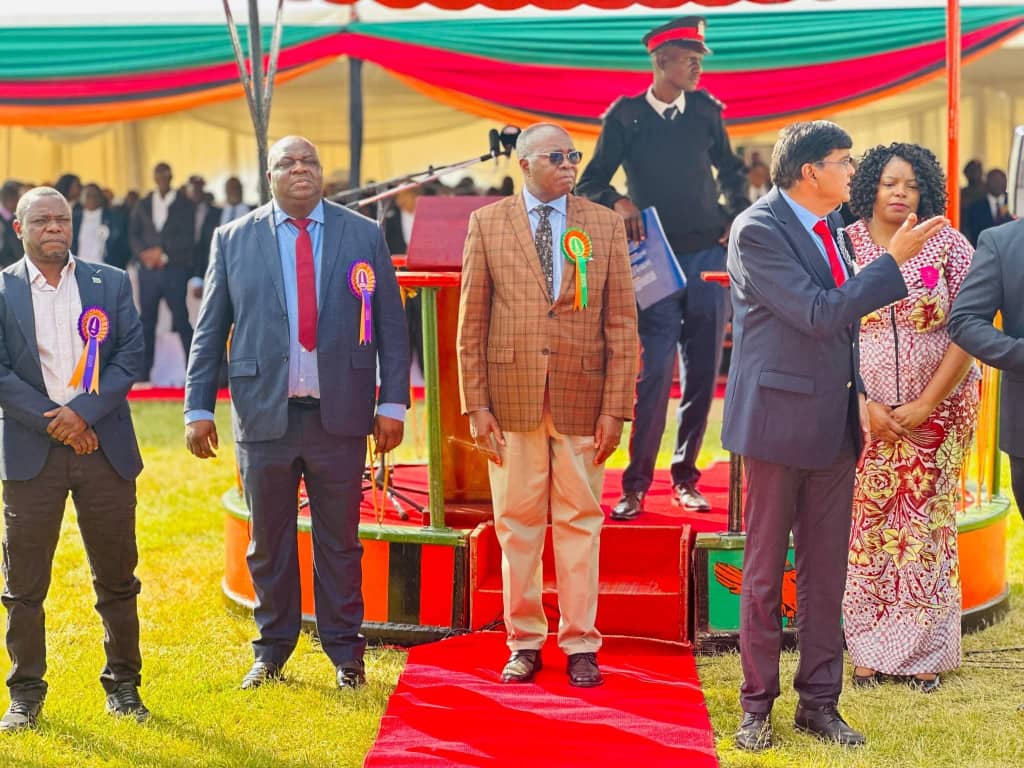By KENNEDY MUPESENI
The economic association of Zambia (EAZ) has urged the Government to carryout a assessment on how the removal of subsidies will impact the Micro-Small and Medium Enterprises (MSMEs) in the country. EAZ Copperbelt chapter chairperson Mathews Muyembe said yesterday that the removal of subsidies as conditioner of receiving the 1.4 billion dollars bailout package agreed with the International Monitory Fund (IMF) was a ‘bitter pill to swallow’.
He said while it was understood that given Zambia’s current financial situation, a deal with the IMF was unavoidable, there was a critical need for government to examine the import of the decision on MSMES.
“With our external debt position the IMF bailout package is unavoidable but carry out an impact assessment to determine to what extent MSMES will be impacted by the removal of subsidies, Mr Muyembe said.
He said in an interview in Kitwe that the IMF agreement would make the country attractive to international investors but it could also prove counterproductive if not handled properly.
“There is no doubt that with this development, the country will be more attractive to international portfolio investors and our credit rating will improve, “Mr Muyembe said.
Mr Muyembe said a phased approach in removing fuel, electricity and agricultural support would be deal if targeted 3.5 percent economic growth for 2022 was to be attained.
He observed that MSMEs played a pivotal role in the economy of the country and that any attempt to stifle their growth would be detrimental to any projections of growth.
Zambian Government and the IMF announced on Monday that fuel, electricity and agricultural subsidies would have to be removed.
IMF Mission Chief for Zambia Allison Holland said key elements of the authorities’ reform agenda aimed to re-establish fiscal sustainability while reorienting public resources towards investment in people, particularly the youth.
“The expected large, upfront fiscal adjustment envisages an important shift in spending, away from inefficient public investment and poorly targeted subsidies, towards greater investment in health and education and the delivery of ore social benefits,”
She said via skip from Washington on Monday this week.









Leave a Reply